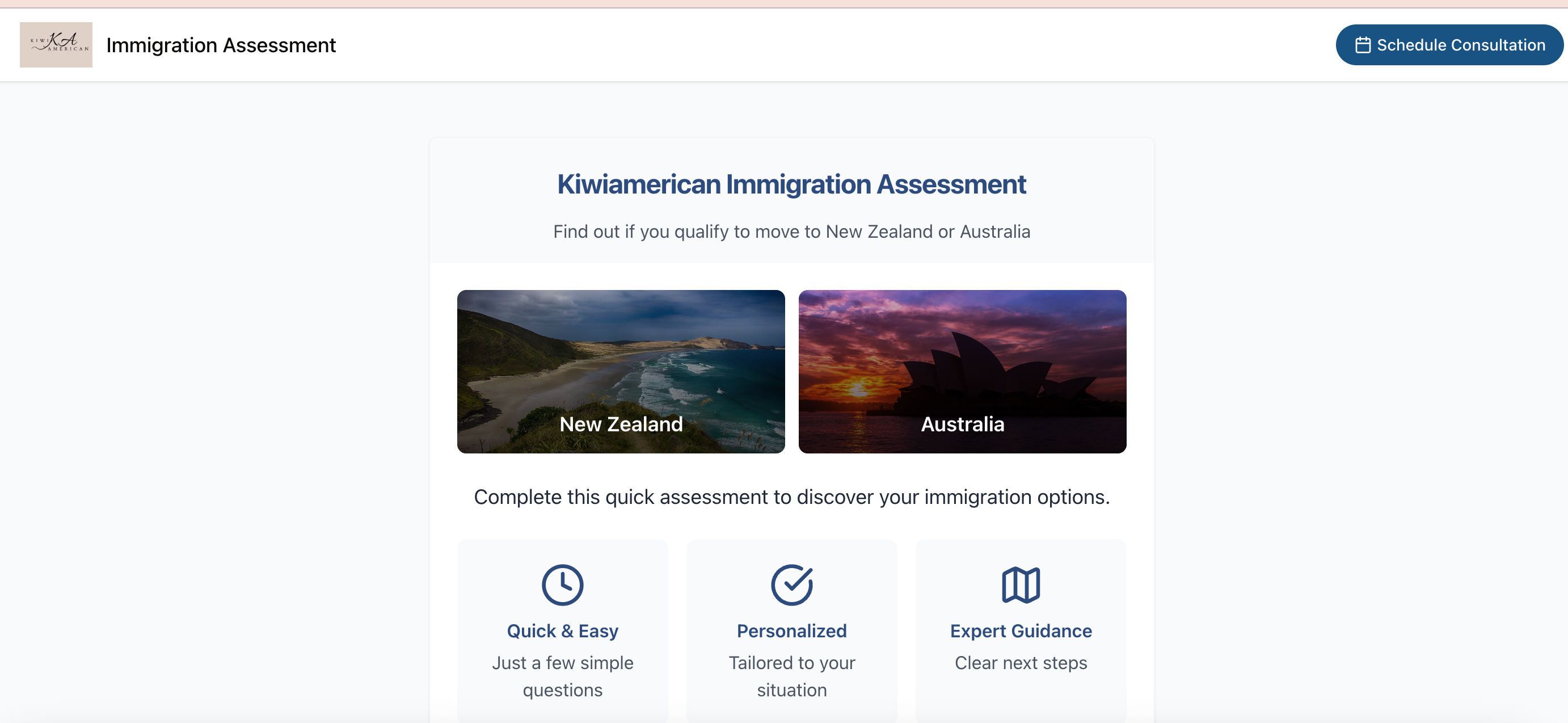While AI Steals Jobs, Expats Are Winning
Aug 06, 2025
When I first moved to New Zealand and couldn't find eggs in the supermarket because they weren't refrigerated like in the US, I had no idea that simple moment of confusion was actually rewiring my brain for the AI revolution. Fast forward to today, and that cognitive flexibility I developed as an American expat has become one of my greatest professional assets—and it's something artificial intelligence simply cannot replicate.
If you're considering moving abroad or already living as an expat, you're developing superpowers that will be invaluable in our AI-dominated future. Here's what the research reveals about why your international experience gives you an unbeatable edge.
The Reality Check: AI Is Coming for Most Jobs
Let's be honest about what's happening. In five years, most of what we do today will be automated. ChatGPT can code faster, analyze data quicker, and create content better than most humans. But there's one crucial area where living abroad creates cognitive advantages that AI cannot touch.
Quick Facts:
- 85% of jobs that will exist in 2030 don't exist today
- 47% of current jobs will be automated within 20 years
- 0% of AI can currently navigate multicultural thinking complexity
- Expats solve ambiguous problems 41% faster than non-expats
The Science Behind the Expat Brain Advantage
Dr. Adam Golinsky's groundbreaking research reveals that people who have lived abroad demonstrate:
- 20% higher creativity scores than those who haven't
- 41% faster problem-solving for ambiguous situations
- Enhanced cognitive flexibility and frame-switching abilities
When you're living overseas as an American abroad, you're not just adapting to a new culture—you're fundamentally rewiring your brain's neural pathways.
The 5 Cognitive Superpowers AI Cannot Touch
1. Lightning-Fast Frame Switching
How does this work? When you stay in the same place your whole life, you use 95% of your brain power on autopilot. But expat life forces constant adjustment to different ways of doing things.
Research shows expats can toggle between frameworks in under 300 milliseconds, while AI operates on predetermined parameters. This means you can adapt to new ideas and situations with incredible speed.
2. Mastering Ambiguous Situations
Can AI handle uncertainty like expats do? Not even close. Expats handle ambiguous situations 62% better than non-expats because AI needs clear parameters to make decisions, while your internationally-wired brain thrives in complexity.
Whether you're living in New Zealand, Australia, or anywhere else as an expat, you're constantly navigating cultural ambiguity that builds this crucial skill.
3. Reading Cultural Context and Nuances
Do AI systems understand cultural subtleties? AI misses 90% of cultural nuances—gestures, silence, indirect communication, and non-verbal cues. As someone living abroad, you've developed an almost supernatural ability to read the real message behind the message.
This skill is invaluable whether you're:
- Working remotely from another country
- Building international business relationships
- Navigating visa requirements and immigration processes
4. Accelerated Learning and Adaptation
How quickly can expats learn new systems? From my personal experience, I find myself racing through training sessions that feel painfully slow to my rewired brain. When I moved back to the US temporarily, I could spot more efficient routes and solutions that locals had never considered because they were stuck on autopilot.
5. Handling Complex and Contradictory Perspectives
What makes expat thinking different? AI tends to think in single frameworks, but expats can seamlessly handle multiple, even contradictory perspectives. You're not easily shocked or upset by different approaches because you're used to constant adjustment.
Personal Experience: How Living Abroad Rewired My Brain
When I had to learn to drive on the left side of the road in New Zealand, it wasn't just about traffic—it was rewiring my entire approach to problem-solving. Now I find I can complete most tasks in a third of the time it takes others, and I constantly need new projects to keep my brain engaged.
Real example: When I returned to teaching after 10 years abroad, what should have been challenging felt effortless. I could add dynamic elements and adapt quickly because my brain had been trained for flexibility through years of expat life.
Watch my latest YouTube video https://youtu.be/BL5yFpggtGQ
FAQ: Living Abroad and Future-Proofing Your Career
How does living abroad prepare you for an AI-dominated job market?
Living abroad develops cognitive flexibility that AI cannot replicate. While AI excels at predictable tasks, expats excel at navigating complexity, ambiguity, and cultural nuances—skills that will become increasingly valuable as automation handles routine work.
Do I need to move permanently abroad to gain these benefits?
Extended international living provides the most significant cognitive rewiring. However, even shorter-term expat experiences of 6-12 months can begin developing these neural pathways, especially if you're fully immersed in a different culture.
Which countries offer the best opportunities for American expats?
Popular destinations for Americans abroad include New Zealand, Australia, Canada, and various European countries. The key is choosing a place culturally different enough to challenge your assumptions while offering good visa options and quality of life.
How can I leverage my expat experience professionally?
Highlight your ability to:
- Navigate ambiguous situations quickly
- Adapt to new systems and processes
- Read cultural context and non-verbal communication
- Think flexibly across multiple frameworks
- Solve problems creatively under pressure
What visa requirements should Americans consider when moving abroad?
Visa requirements vary significantly by country. For New Zealand, Americans can explore:
- Working Holiday Visas (under 30)
- Skilled Migrant Category
- Partner/Family visas
- Investor visas
Research immigration requirements early and consider consulting with experts who specialize in American expat transitions.
The Strategic Advantage of International Living
As someone who has guided hundreds of Americans through the process of moving abroad, I've seen firsthand how international living transforms not just where you live, but how you think. In my Kiwiamerican Community, we've helped countless professionals leverage their expat experience into career advantages they never expected.
The cognitive benefits of living overseas aren't just nice-to-have soft skills—they're becoming essential survival skills in an AI-dominated economy.
Your Next Steps: Preparing for the Future
Here are your key takeaways:
- Start planning: If you've been considering moving abroad, the cognitive benefits add another compelling reason beyond adventure and lifestyle
- Leverage existing experience: If you're already an expat or have lived abroad, start highlighting these cognitive advantages in your professional positioning
- Embrace complexity: Continue seeking out ambiguous, cross-cultural challenges that will keep your brain flexible and adaptable
The world is changing rapidly, and those who can think flexibly, adapt quickly, and navigate complexity will thrive. Living abroad gives you exactly these superpowers.
Ready to future-proof your career through international living? Join our community of successful American expats who are building location-independent lives while developing AI-proof skills. Book a consultation to explore how moving abroad could transform both your lifestyle and your career prospects.
What's your experience? If you've lived abroad, have you noticed these cognitive advantages? Share your story in the comments below—I'd love to hear how international living has changed your thinking and problem-solving abilities.
SUBSCRIBE TO LEARN MORE
I send out weekly emails to update you on all that is happening in New Zealand!
We hate SPAM. We will never sell your information, for any reason.










